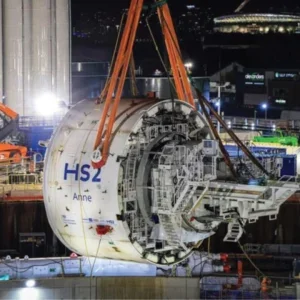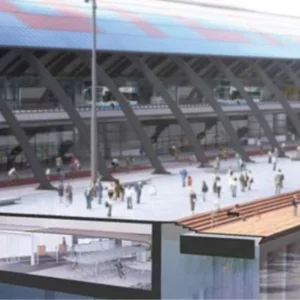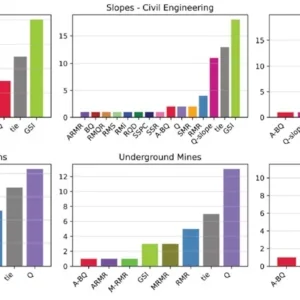In the fiercely contested Republican presidential primaries the candidates have been pretty cagey about infrastructure investment. We’ve seen Obama’s efforts for investment upset by ‘Grand Old Party’ opposition in congress. In his 2011 State of the Union speech, the president pledged USD 53bn for high speed rail (HSR) development over six years and access to services for 80
per cent of Americans.
That is, until the budget deal struck in April showed not only an elimination of HSR finances for 2011, but also a back track on funding approved for 2010. Although California has plans for a 520-mile line from L.A. to San Francisco, the dilution of the previously approved USD 10bn between dozens of projects across the nation led the New York Times to suppose that the net result may be simply better regular train services in many areas. And of course a small down payment on said West Coast bullet train.
All this following the Urban Land Institutes estimate last year that the US will need over USD 2tn in investment to bring it’s ‘structurally deficient’ and ‘functionally obsolete’ infrastructure up to code. ‘Structurally deficient’ being the rating applied to a Minneapolis bridge that collapsed in 2007 killing 13.
Still, it isn’t a case of any Republican candidate being anti-infrastructure and fighting Obama’s utopian view of European or Asian HSR networks slingshotting Americans across the country – far from it.
Although out of the running, Rick Perry’s supporters will remember his proposed USD 175bn Trans-Texas Corridor, which featured HSR.
And at a 2009 forum sponsored by the National Governors Association and advocacy group Building Americas Future, Newt Gingrich said, "Let’s go ahead and be really bold, and go head to head with the Chinese in developing and implementing maglev trains that move at 280, 300, 320 miles an hour." He is probably the candidate with the most good to say about HSR investment, writing in his book that routes in Florida and California, as well as a Boston to Washington link, would be the most conducive to investment.
Ron Paul signed a letter that several members of Texas congressional delegation sent to federal officials in 2009 urging them to give the state money for rail studies to help it build "a truly ambitious and world-class highspeed rail network". Though, he also intends to abolish the Transportation Security Administration and halve the budget of the Department of
Transportation.
Mitt Romney insists infrastructure should only be invested in if there is likely to be a revenue stream ‘tomorrow’ to make it worthwhile. He said in December that it should be based upon need, returns and opportunity and not politics. And his 160-page jobs plan only mentions transport long enough to attack current stimulus spending.
As a senator back when Republicans supported infrastructure funding, Rick Santorum voted repeatedly for transportation bills. He was actually endorsed by a couple of unions, a rare trick for a Republican senator, after he supported construction of the tunnel under the Allegheny River n Pittsburg. The tunnel’s only stop is at the two taxpayer-funded sports stadiums built
with Santorum’s support.
Virginia-based political reporting organization Politico called on all seven Republican candidates to clarify their positions on infrastructure, though none were interested. Emil Frankel, director of transportation policy for the Bipartisan Policy Center said it wasn’t surprising, as infrastructure investment is synonymous with ‘spending’.
Alex Conacher






